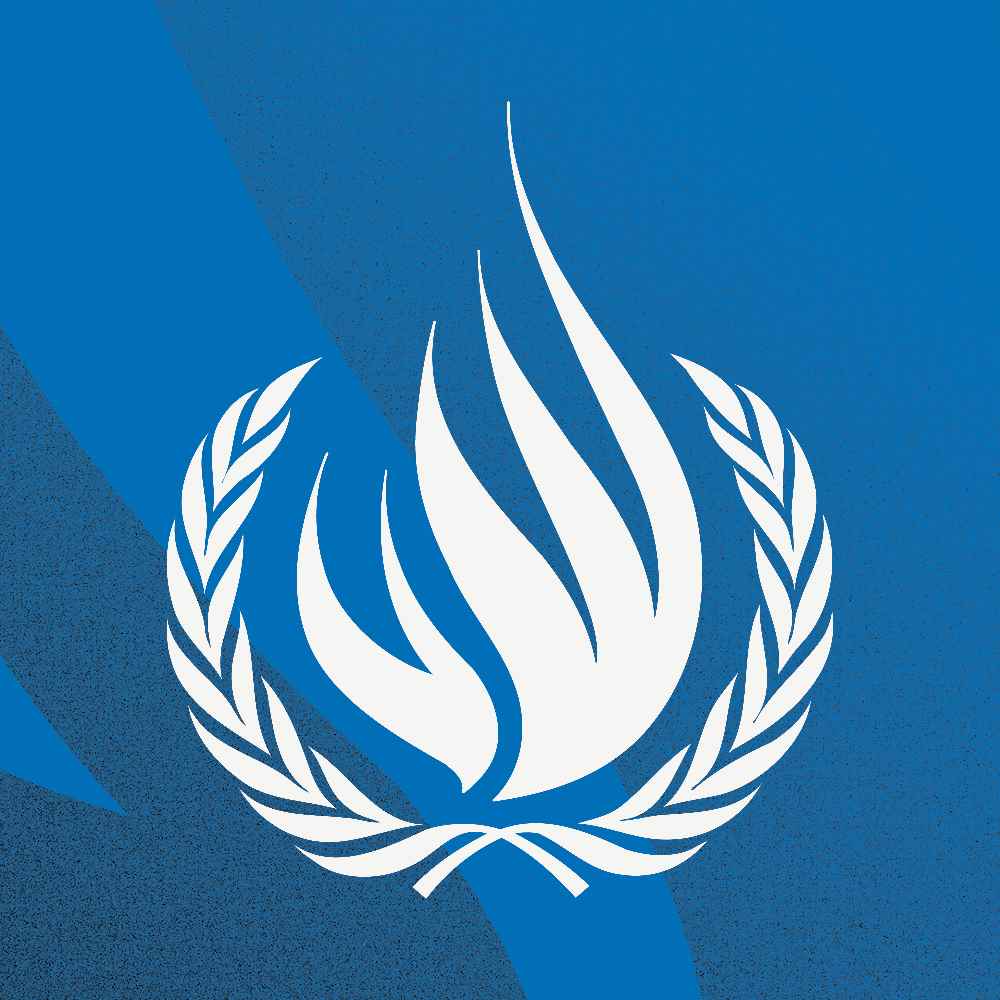
GENEVA (28 May 2021) —UN human rights experts* call upon the Council of Europe to withdraw the draft Additional Protocol to the Oviedo Convention. This Additional Protocol maintains an approach to mental health policy and practice that is based on coercion, which is incompatible with contemporary human rights principles and standards.
The Council of Europe’s Committee on Bioethics is scheduled to meet in early June to vote on the draft Additional Protocol to the Oviedo Convention. The draft Additional Protocol would continue to allow all the 47 State parties of the Council of Europe to use coercive measures, including forced treatment and involuntary placement in psychiatric institutions, against people with mental health conditions.
“Overwhelming evidence from the European Disability Forum, Mental Health Europe and other organizations and growing consensus within the United Nations including at the World Health Organization, show that forced admission to medical institutions and coercive treatments in institutions will bring harmful effects such as pain, trauma, humiliation, shame, stigmatisation and fear to people with psychosocial disabilities,” the experts said.
“The coercive approach to mental health is doing harm to people with disabilities and we should not go backwards to authorize this outdated approach. People with psychosocial disabilities have the right to live in the community and to refuse medical treatment.”
“We call upon all State delegations to object to the draft Additional Protocol in the upcoming meeting and we urge the Council of Europe to end legitimising forced institutionalization and the use of coercion against persons with disabilities, including older persons with disabilities,” they added.
The controversial draft treaty has aroused opposition within Europe and from the international community. Voices within the Council of Europe, such as the Council of Europe’s Parliamentary Assembly and the Council of Europe’s Commissioner for Human Rights have also been vocal against the draft Protocol.
“When there are efforts worldwide to reform mental health policy, it comes to our surprise that the Council of Europe, a major regional human rights organization, is planning to adopt a treaty that would be a setback to reverse all positive developments in Europe and spread a chilling effect elsewhere in the world,” the experts said.
“The Council of Europe now has a unique opportunity to shift away from old-fashioned coercive approaches to mental health, towards concrete steps to promote supportive mental health services in the community, and the realization of human rights for all without discrimination on the grounds of disability. We urge the Council of Europe to be part of the future and not part of the past in mental health,” they stressed.
END







